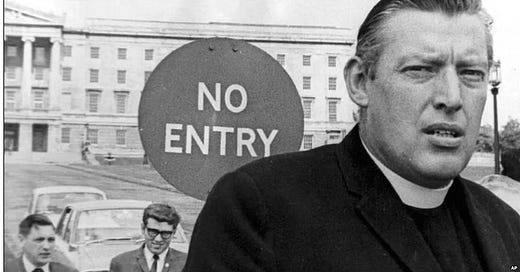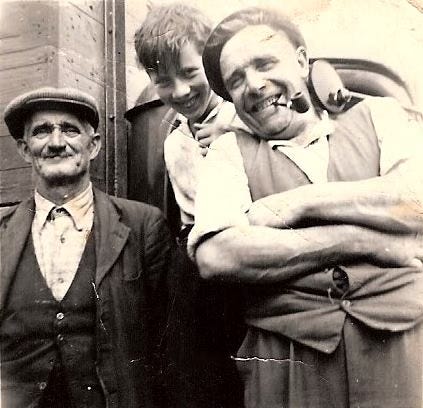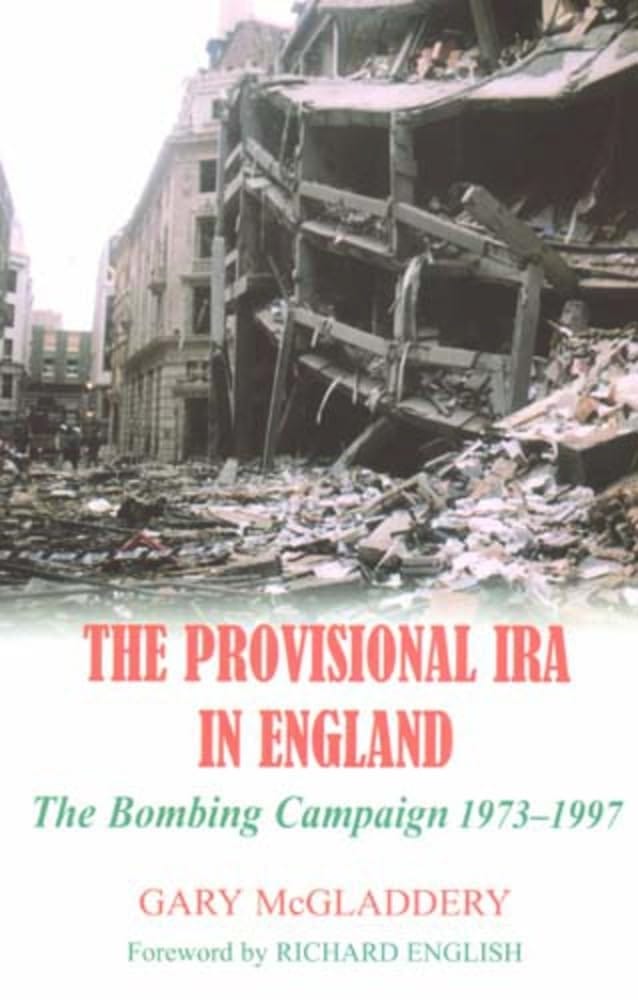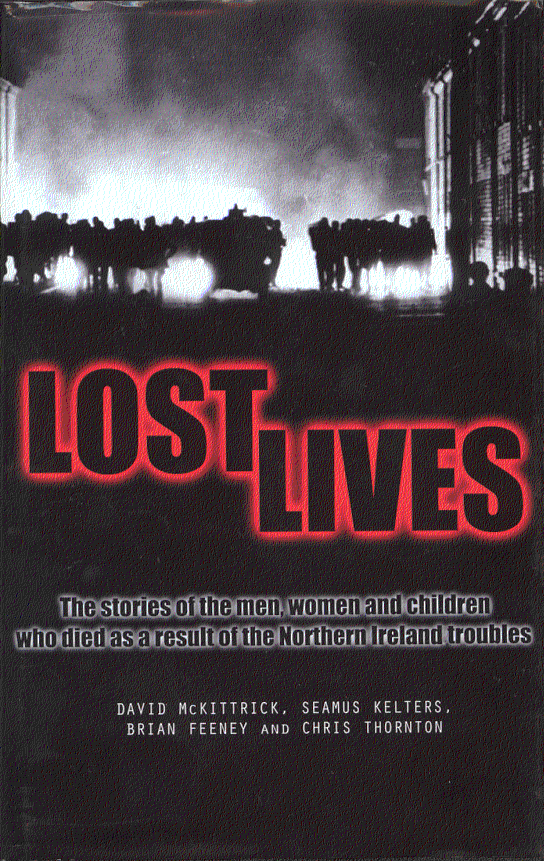Actor Christian Bale was born in January 1974. Famous for numerous movies, including The Dark Knight which had a lot of stunts and special effects. In Northern Ireland, we had something that looked like it came straight out of a movie, where a helicopter was hijacked to drop bombs on a police station! They say there’s a fine line between imagination and reality…
Political Developments in January 1974
1974 started on a strong foot with the Northern Ireland Executive, which had been announced on the 21st of November 1973, officially taking office. Although certain powers were devolved to the Executive and the Assembly, others, including security and certain economic matters, were retained by the British government and the Northern Ireland Office.
On the 4th of January, The Ulster Unionist Council, the policy-making body of the Ulster Unionist Party, met and voted, by 427 votes to 374, to reject the 'Council of Ireland' as proposed in the Sunningdale Agreement. This led to the Chief Executive of The Northern Ireland Executive Brian Faulkner resigning as leader of the UUP just 3 days later. Although Mr Faulkner felt it was right to resign, this wasn’t the views of other members of the Assembly Party, with 18 members showing ‘firm support’ for him.
Following Mr Faulkner’s resignation, there were also views that Irish Prime Minister Liam Cosgrave wasn’t helping matters with regards to the Sunningdale Agreement with some of what was being reported in the press. In a message from British Prime Minister Edward Heath, it’s quite clear that there was some animosity towards Mr Cosgrave.
"But I have no doubt that, as Faulkner has himself said publicly, the help which will really make the difference must come from you.
If I may in this situation be perfectly frank, some of the remarks attributed by the press to you and some of your colleagues have been interpreted as meaning that the Republic is maintaining its claim that Northern Ireland is now part of the Republic and that there is no prospect of a change in the law on extradition which is still a burning issue in the North. This has seriously reduced the value to Faulkner of the Sunningdale agreement "
On the 16th of January 1974, Brian Faulkner traveled to Dublin for a meeting with Liam Cosgrave following a ruling in the Dublin High Court. The ruling implied that the reunification of Ireland did not require the consent of the majority of people in Northern Ireland. This had been a subject reported in the Sunday Press.
In reply, Mr Cosgrave said that he wanted to deal first with the question of status. The "Sunday Press" interview had not been properly checked out, but it did include a statement that there could be no change in the status of Northern Ireland until the people there desired such a change.
It didn’t help matters when, on the 17th of January, SDLP Assemblyman Hugh Logue gave a speech at Trinity College Dublin in which he said that the Council of Ireland was "the vehicle that would trundle Unionists into a united Ireland".
There were further developments on the 22nd of January when Harry West succeeded Brian Faulkner as leader of the Ulster Unionist Party. However, the big talking point was when 18 Loyalist protestors were forcefully removed from the front benches of the Assembly. It took eight RUC officers to carry DUP leader Ian Paisley to steps outside the Assembly building. It was reported by the BBC that;
"Immediately after prayers, Major Hall-Thompson (Ulster Unionist) raised a point of order concerning the misappropriation of seats reserved for members of the executive. Mr Speaker ordered the members occupying those seats to vacate them,".
"Dr Paisley (DUP) rose on a point of order, which Mr Speaker refused to accept. At this point, a number of members rose to protest and uproar commenced.
"Among other disorders which I noticed, I particularly remember Mr (William) Beattie (DUP) snatching the mace and passing it to another member."
Shootings in January 1974
01/01/74 - Catholic civilian John Whyte (24) was shot dead during an IRA sniper attack on a British Army patrol on McClure Street, off Ormeau Road, Belfast.
01/01/74 - The OIRA shot and wounded a man in a punishment attack in Michael Mallon Park, Newry. An OIRA statement alleged the man had assaulted one of their volunteers at a New Year's dance at Warrenpoint, County Down.
05/01/74 - Civilian Leo McCullagh (44) was shot by loyalists at his home, Revenscourt Avenue, Belfast.
09/01/74 - The UVF shot dead Catholic civilian John Crawford (53) near his workplace on Milltown Row, Belfast.
13/01/74 - The OIRA shot dead civilian Christopher Daly (43) whom they accused of arms dealing at Balholm Drive, Ardoyne, Belfast. His body was found in an entry.
14/01/74 - The body of Protestant civilian Andrew Jordan (41) was found in a field near Carrowdore. It is believed he was shot by the UVF.
17/01/74 - The UVF launched a gun attack on Boyle's Bar in Cappagh. Two gunmen entered the pub and opened fire indiscriminately on the customers. Catholic civilian Daniel Hughes (73) was killed and three others wounded. The attack has been linked to the "Glenanne Gang".
17/01/74 - The IRA shot dead off-duty UDR soldier Robert Jameson (22) near his home at Trillick, County Tyrone.
20/01/74 - UDR soldier Cormac McCabe (42) was shot dead by the IRA. His body was found in a field near Aughnacloy, County Tyrone.
20/01/74 - Civilian Desmond Mullan (33) was shot while walking along Maple Gardens, Carrickfergus. It’s believed loyalists were responsible.
26/01/74 - The IRA shot dead patrolling RUC officer John Rodgers (50) on Antrim Road, Glengormley, County Antrim.
29/01/74 - An IRA sniper fired at a bus carrying Royal Air Force personnel at Shimna Parade, Newcastle, County Down. The RAF personnel returned fire, killing elderly civilian Matilda Withrington (79).
29/01/74 - The IRA shot dead patrolling RUC officer William Baggley (43) on Dungiven Road, Derry.
30/01/74 - The UVF shot dead Protestant civilian Thomas Walker (36) at his home on Gosford Place, Belfast. It is believed he was an informer.
31/01/74 - The UFF claimed responsibility for shooting dead Catholic civilians Terence McCafferty (37) and James McCloskey (29) at a building site in Newtownabbey, County Antrim.
Bombings in January 1974

01/01/74 - Two bombs exploded in Birmingham city center, causing minor damage.
02/01/74 - A bomb was thrown into a Roman Catholic parochial house in Mullavilly, County Armagh. The blast wrecked a third of the building and set fire to the remainder. Two priests were inside at the time. The UFF claimed responsibility.
03/01/74 - Several bombs & incendiary devices exploded in Birmingham, damaging the Victoria Law Courts on Corporation Street, the Ikon Gallery Cafe in Brindleyplace & the Royal Navy & Army Information Centre, as well as several nearby shops, but caused no injuries.
05/01/74 - Two bombs exploded within three minutes of each other. The first at Madame Tussauds, the second during the Boat Show at Earls Court Exhibition Centre. Police confirmed a telephone warning had been given shortly before both explosions allowing evacuations at both sites and there were no fatalities or injuries reported. It was later confirmed the devices had been planted by the IRA.
06/01/74 - IRA active service units left bombs outside two senior British Army generals' homes. A 30 lb bomb was defused outside the home of General Sir Cecil Hugh Blacker and another exploded outside the empty home of Major General Sir Philip John Newling Ward, causing damage but no injury.
11/01/74 - The OIRA killed civilians John Dunn (46) and Cecilia Byrne (53) who worked as cleaning contractors for the British Army when they exploded a bomb under their car as they left Ebrington British Army base near the Waterside, Derry. The OIRA denied responsibility for the attack, and a sympathy notice appeared in The Irish News from the Co-ordinating Committee of Andersonstown Republican Clubs, the OIRA's political wing.
21/01/74 - British soldier John Haughey (32) was killed by an IRA remote-controlled bomb hidden in an electricity distribution box on Lone Moor Road, Creggan, Derry. It was detonated when a British foot patrol passed.
23/01/74 - An IRA unit hijacked a helicopter and used it to drop bombs (in milk churns) on Strabane RUC station. One of the bombs landed on the grounds of the station but failed to explode. In Dublin, the Irish police said that the helicopter had been reserved two weeks ago by four journalists, who wanted to photograph Tory Island, a tourist spot off the coast of County Donegal, But when the four men boarded the helicopter, one produced an automatic weapon and ordered the pilot to fly to a spot near a small town in Donegal, where four churns were brought aboard. Two were dropped into a lake for practice as the helicopter headed for Strabane. Then the abortive attack was made, and the helicopter returned to Donegal.
25/01/74 - British soldier Howard Fawley (19) was killed by an IRA landmine as he and his patrol searched a field at Ballymaguigan, near Ballyronan, County Derry.
30/01/74 - Three people were injured in three different IRA letter bombs. The first was sent to the Surrey residence of Judge Buzzard, the second to the Hertfordshire residence of Rt. Hon. Reginald Maudling. The final device was sent to the offices of the Daily Express in Fleet Street, London.
If you’d like to let me know what you thought of today’s installment, feel free to leave a comment below.
Shameless plug, but if you’d like to support the newsletter and need some cool t-shirts, hoodies, or mugs, check out our Etsy Store.
Some recommended reading based on research for this installment.
The Provisional IRA in England: The Bombing Campaign 1973-1997 by Gary McGladdery.








